Eye Center of Hawaii and Dr. Farhad Safi became the first ophthalmology practice and physician in Hawaii to perform a procedure using the FDA approved DURYSTA™ bimatoprost implant for glaucoma patients.

Dedicated to bringing the most advanced technology to the patients of Hawaii, Eye Center of Hawaii and Dr. Farhad Safi became the first ophthalmology practice and physician in Hawaii to perform a procedure using the FDA approved DURYSTA™ bimatoprost implant for glaucoma patients. DURYSTA is the first of its kind, aimed to reduce intraocular pressure (IOP) in patients with open angle glaucoma (OAG) or ocular hypertension (OHT) using a sustained-release system.
“Today’s FDA approval marks a breakthrough milestone for the glaucoma community and provides a much-needed option for patients challenged with topical drops or needing alternative options,” said David Nicholson, Chief Research and Development Officer at Allergan, the maker of DURYSTA.
Known as the “silent thief of sight,” glaucoma impacts millions of people every year. Most forms of glaucoma are associated with high intraocular pressure (IOP), but the disease can also develop in people with normal or low eye pressure. Believed to lower intraocular pressure by 30%, the DURYSTA implant provides continuous drug delivery, reducing or completely eliminating the need for eye drops, a traditional therapy for many patients but one that comes with high costs and inconvenience.
DURYSTA is meant for patients with mild to moderate glaucoma. To learn more about the DURYSTA implant procedure and other services provided at Eye Center of Hawaii, please send an email to Anu Nullar at anullar@eyecenterofhawaii.com or call (808) 955-0255.



Don't live with cloudy vision due to cataracts. We offer advanced Laser Cataract Surgery at the Ali’i Surgery Center on Oahu. Call us today to schedule your cataract exam and discover if now is the time for your cataract surgery. ... See MoreSee Less
0 CommentsComment on Facebook
We are so blessed with amazing optometrists who care deeply for our 'ohana. Mahalo Dr. Kashiwa, Dr. Ho and Dr. Bryant for taking such great care of our community. Happy World Optometry Day. ... See MoreSee Less
0 CommentsComment on Facebook
"Cez” has been working in the field of ophthalmology for over 18 years and has been with us for 12. She even volunteers her services to provide free eye care in the Philippines as part of the Bayanihan Without Walls Program. She serves multi-functionally as the clinic manager for all BEI locations and as a lead surgery coordinator/technician. A fluent native speaker of Ilocano and Tagalog, Cez is very passionate and tremendously happy and dedicated to providing quality eye care to every patient who comes her way. Drop a ❤️ or a comment below to thank her for all her hard work! ... See MoreSee Less
0 CommentsComment on Facebook
Comment below if you are one of the lucky 2%! Happy St. Paddy's Day. ☘️ ... See MoreSee Less
0 CommentsComment on Facebook
Don't let cataracts and glasses hold you back from living life to its fullest. Premium lenses can lessen your dependence on glasses for most or all of your daily activities! When it's time for cataract surgery, ask us about your options. ... See MoreSee Less
0 CommentsComment on Facebook
Most people with glaucoma are not aware of it as most glaucoma patients have zero symptoms. Catch the disease early and you have a great chance of preserving your vision for the years to come. Call us today to schedule your eye exam. Our team is here for you! ... See MoreSee Less
0 CommentsComment on Facebook